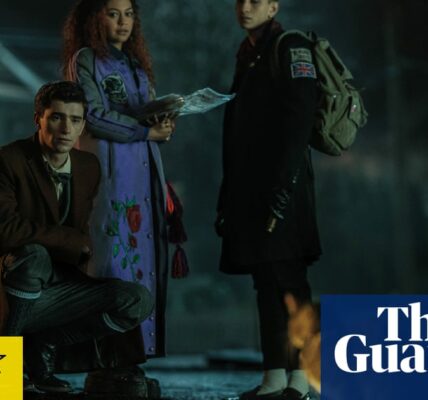
T
While The Boy in the Striped Pyjamas remains his most well-known work, John Boyne has been incredibly productive since his 2017 novel The Heart’s Invisible Furies received critical acclaim. He is currently working on a series of four connected novellas, which will be released every six months over the next two years. The unifying theme of these novellas is the four elements, with Water being the first installment, followed by Earth, Air, and Fire.
Water has a long and significant presence in literature, from Virginia Woolf’s The Waves to Alice Oswald’s Dart. However, those hoping for creative and playful language regarding this element will be let down – in this book, water is simply a setting for swimming, drowning, or living near. While the title of the novella suggests a cleansing and rebirth theme, this metaphor is only hinted at and never fully explored throughout the story. Instead of breaking new ground, Boyne delivers a nearly flawless first-person narrative.
After experiencing a traumatic event, Vanessa Carlin changes her name to Willow Hale and seeks solace in an isolated island cottage. This type of journey is a common theme in Irish literature, with authors like Sara Baume and John Banville also exploring it. It’s possible that this form of storytelling is influenced by Yeats’s poem The Lake Isle of Innisfree. This genre presents storytelling as a way to reflect on past pain and transform it into acceptance and grace. Boyne’s novella follows this pattern, providing a cathartic experience for the reader.
Confronting Willow’s pain is a difficult task. She has been through a lot, including her husband’s imprisonment for assumed crimes that she supposedly aided in, and the tragic consequences that have affected her family. She retreats from her familiar world and finds herself in a new one, where the traditional ways clash with the modern. In this island community, a gay couple has been forced out, and a youngest son is confined to helping on the family farm. However, the vicar, who grew up in Benin City, and a promising young soccer player, who is defying his father’s expectations, also reside there. There are others on the island hiding their shame as well. One man even asks for forgiveness from Willow, but she refuses to grant it as she finds the strength to reject her husband’s pleas for sympathy and make progress towards her own healing.
Boyne’s novel is propulsive and deftly dramatised, so that Willow’s journey of recovery is almost always expressed through human interaction, her story told in a series of scenes rather than through interiority. The elements may not come in for much interrogation here, but Boyne’s deep interest in people and his willingness to confront traumatic subject matter make for a compelling first instalment to his quartet.
Disregard the advertisement for the newsletter.
after newsletter promotion
Source: theguardian.com



